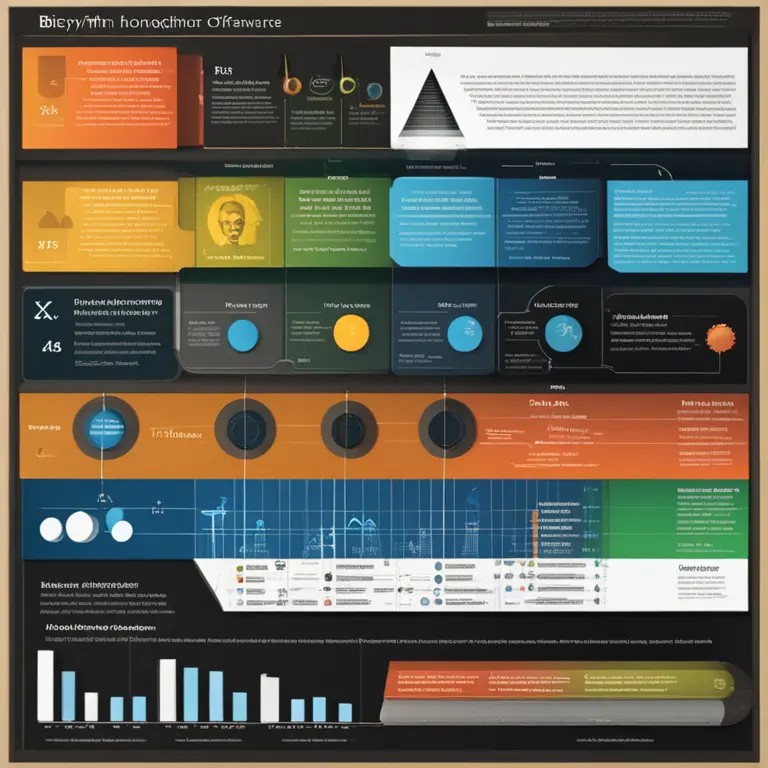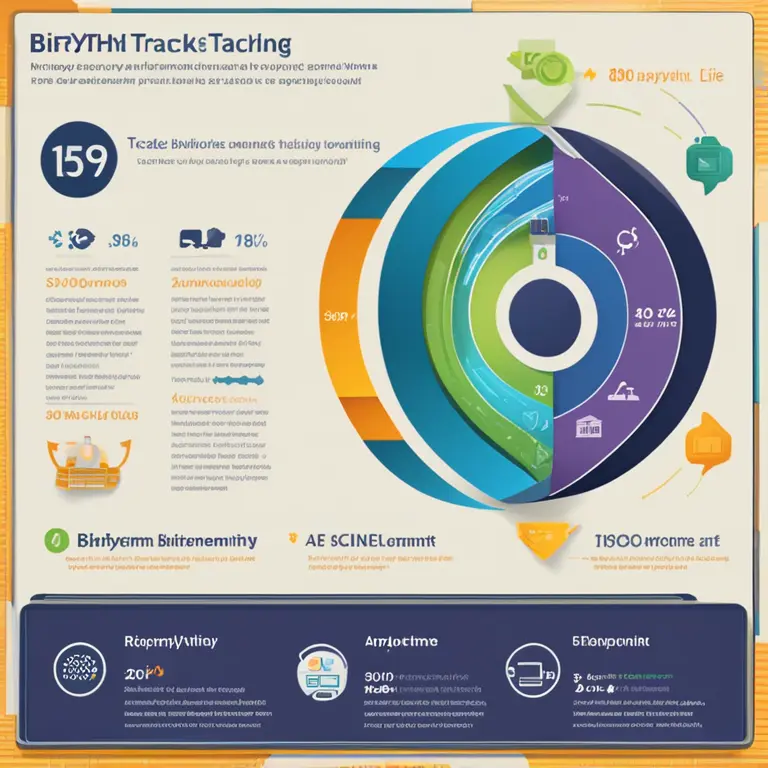
An Introduction to Biorhythms World
Delve into the intersection of biology and chronometry with this informative article on biorhythms, the cycles influencing our physical, emotional, and intellectual faculties.
article by Adrian Wallace
What Are Biorhythms?
The concept of biorhythms originates from a hypothesis that suggests our daily lives are influenced by rhythmic biological cycles. These patterns are thought to affect our physical, emotional, and intellectual well-being. The theory classifies these cycles into three primary types: the 23-day physical, 28-day emotional, and 33-day intellectual cycles. Advocates believe that by tracking and understanding these cycles, individuals can anticipate and adapt to various aspects of their lives, potentially optimizing performance, interactions, and decision-making.

The History and Evolution of Biorhythm Theory
The biorhythm theory was popularized in the early 20th century, but it has roots dating back to ancient Greek philosophers. In the modern era, technology has given rise to sophisticated software that claims to chart an individual's biorhythms with precision. While the scientific community remains skeptical about the empirical validity of biorhythms, the concept has seen resurgence in interest thanks to wellness and self-improvement trends. Today, it complements various holistic approaches to biohacking and personal development.

Charting Biorhythms in the Digital Age
Biorhythms have embraced the digital revolution, with numerous applications and online platforms offering personalized cycle tracking. In 2024, AI-driven algorithms have enhanced these tools, providing users with more nuanced insights into their predicted cycles. As the boundaries of wearable technology expand, real-time biorhythm monitoring is poised to integrate even more seamlessly into our daily lives, with potential applications ranging from sports to workplace productivity.

Criticism and Controversy Surrounding Biorhythms
Despite its appeal, biorhythm theory is not without critics. Scientific studies have largely failed to corroborate the theory's claims, and many in the medical and scientific communities regard it as pseudoscience. Critics argue that the cycles are too rigid and not supported by biological evidence. Nevertheless, proponents assert that there is anecdotal value in the theory, citing personal experiences of heightened awareness and synchronicity with their own rhythms.

Integrating Biorhythms into Your Routine
For those who believe in the influence of biorhythms, incorporating this knowledge into daily life is straightforward with the help of modern tools. Beyond software, there are workshops, books, and even personal coaches dedicated to teaching individuals how to align their activities with their cycles. From picking the right day for an important meeting to scheduling activities when one's physical energy is at its peak, biorhythms can serve as a guide for personal optimization.
The Future of Biorhythms
As we look towards the future, the integration of biorhythms with other personal data trackers and health devices appears imminent. Innovations in AI and machine learning could lead to more predictive and adaptive biorhythmic models, perhaps tailored even more closely to individual needs. While its scientific standing is yet to be determined, the fascination with biorhythms persists, a testament to the human quest for understanding the intricate mechanics of our own existence.
Published: 1/25/2024
Modified: 1/25/2024
More predictions
Come back here soon to learn more about yourself and your future


Your Biorhythm Horoscope Handbook
Discover the intriguing intersection of biorhythms and astrology. Learn how tracking your biological cycles can provide insights into your physical, emotional, and intellectual well-being.


The Rhythms Within: Biorhythm Horoscope Insights
Tap into the cosmic wisdom of biorhythms to understand your emotional, physical, and intellectual cycles for enhanced well-being and foresight.


The Biorhythm Debate: Effective Insight or Myth?
Discover the realities behind biorhythms, how they're calculated, and their impact on daily life. Can these biological cycles truly predict our physical, emotional, and intellectual states?